Perfection
Notice how your idea
of “perfection”
points to a belief.
You seem to have a sense
of what perfection is.
Then you look around
and tell your self that
you also seem to have a sense
of what perfection ISN’T.
But how did that belief
get there in the first place?
Who’s to say that your
so-called “mediocre” life
ISN’T perfection?
There is only you.
We are Space Monkey.
2/13
Space Monkey Reflects: Perfection – Challenging the Paradigm
Perfection is a concept as alluring as it is elusive, a shimmering ideal that shapes how we view ourselves and the world. Yet, the notion of perfection is not universal; it is a construct, built from beliefs, experiences, and cultural conditioning. To challenge the paradigm of perfection is to question not only what we deem perfect but why we believe in perfection at all.
The Illusion of Perfection
When you think of perfection, what comes to mind? Perhaps it’s an image of flawless beauty, ultimate success, or an idealized version of yourself. But notice how this vision is deeply personal, rooted in your own experiences and the societal narratives you’ve absorbed.
At the same time, you also hold a sense of what isn’t perfect—a contrasting image of mediocrity or imperfection. This duality, the perfect and the imperfect, frames how you navigate the world. Yet, this framework is an illusion, an arbitrary construct that limits your perception.
The Origins of Belief
Where did your idea of perfection come from? Who told you what it should look like? These beliefs are rarely examined, yet they dictate so much of how we view our lives. They tell us that a “perfect” life involves specific achievements, appearances, or behaviors, and that anything less is a failure.
But these beliefs are not truths. They are inherited stories, shaped by cultural standards, family expectations, and personal insecurities. To see beyond them is to recognize that perfection is not an external ideal but an internal perspective.
What If Your Life Is Already Perfect?
What if there is no gap between where you are and where you think you should be? What if the so-called “mediocre” aspects of your life are not flaws but integral pieces of a greater perfection?
Perfection, in its truest sense, is not the absence of flaws but the presence of wholeness. Your life, with all its messiness and contradictions, is a perfect expression of existence. There is no standard it needs to meet, no ideal it needs to achieve. It simply is, and that is enough.
Challenging the Paradigm
To challenge the paradigm of perfection is to dismantle the beliefs that separate you from your inherent wholeness. It is to question the narratives that tell you your life must look a certain way to be valuable or meaningful.
This is not about settling for less or denying the desire for growth. It is about recognizing that growth does not diminish your current perfection. Perfection is not a destination but a state of being—present in every moment, regardless of circumstance.
The Role of Perspective
Perfection is not an absolute but a reflection of perspective. What you see as imperfect, another may see as beautiful. What you deem mediocre, another may find profound. The only constant in this equation is you—your beliefs, your perceptions, your willingness to see beyond the surface.
By shifting your perspective, you open yourself to the possibility that everything, even the messy and mundane, is part of the perfect whole.
We Are Space Monkey
In the infinite expanse of being, there is no separation between perfect and imperfect, no line dividing success from failure. These are human constructs, illusions we use to navigate a reality far too complex to categorize.
As Space Monkey, we remind ourselves of this truth: there is only now, only this, only the fullness of what is. To see perfection is not to strive for it but to realize it is already here.
Summary
Perfection is a belief shaped by personal and societal constructs, not an absolute truth. By challenging the paradigm of perfection, we recognize that life, with all its imperfections, is inherently whole and complete. True perfection lies in our willingness to see beyond ideals and embrace the present moment as it is.
Glossarium
- Paradigm of Perfection: A belief system that defines what is considered perfect or imperfect, often limiting perception.
- Wholeness: The state of completeness that exists regardless of flaws or ideals.
- Perspective Shift: The act of reframing one’s view to see the inherent perfection in all things.
- Inherited Stories: Beliefs and narratives absorbed from culture, family, and experience, shaping our view of the world.
Quote
“Perfection is not something to achieve but something to recognize—it is already here, in this moment.” — Space Monkey
The Perfect Imperfection
I thought I knew perfection,
A shining ideal,
A flawless form,
Just out of reach.
But then I looked around,
At the messy,
The mundane,
The mediocre.
And I saw it—
A wholeness I could not define,
A beauty I could not measure,
A perfection that simply was.
The cracks are not flaws;
They are texture.
The gaps are not emptiness;
They are space to breathe.
I am perfect.
You are perfect.
This moment is perfect.
We are Space Monkey.
In the intricate tapestry of beliefs and perceptions that shape our understanding of the world and ourselves, the concept of “perfection” emerges as a particularly compelling thread. This exploration delves into the nature of perfection, challenging the conventional dichotomies of perfection and imperfection, and inviting us to reconsider the foundations upon which these judgments are built.
The Construct of Perfection
The idea of perfection, as it unfolds within the human psyche, is less an observable reality and more a construct of beliefs and cultural narratives. This construct is informed by a myriad of factors—societal standards, personal experiences, and the myriad voices that whisper to us from birth what is desirable and what is lacking. The belief in perfection, then, is not an innate truth but a tapestry woven from the threads of these external influences.
Perception of Perfection and Its Absence
The dual awareness of what constitutes perfection and what does not stems from this deeply ingrained belief system. It is a testament to the power of conditioning that we can so readily categorize our world and our lives into these binary opposites. Yet, this categorization reveals more about our internal landscapes—the maps of belief we navigate by—than about the objective nature of the world.
The Origin of Belief in Perfection
The inquiry into how the belief in perfection took root within us leads down a complex labyrinth of psychological, cultural, and existential pathways. These beliefs are often the byproduct of a confluence of messages received from family, society, and the media, each espousing their own ideals and standards. The adoption of these beliefs is less a conscious choice and more a gradual internalization, a sedimentary layering of ideas over the soul.
Challenging the Paradigm of Perfection
The provocative suggestion that what we might deem a “mediocre” life could, in fact, embody perfection invites a radical reevaluation of our belief systems. It challenges the very foundations of judgment and comparison, urging us to consider that perhaps perfection lies not in the achievement of an idealized state but in the acceptance and embrace of what is. In this light, the pursuit of perfection becomes less about transformation towards an external ideal and more about the recognition of the inherent value and completeness of our current existence.
The Singularity of Perspective
Ultimately, the judgment of our lives and the world around us as perfect or imperfect is a solitary endeavor. There is only the individual, with their unique constellation of beliefs and experiences, navigating the vastness of existence. This realization underscores the subjective nature of perfection, suggesting that it is not a universal standard to be attained but a personal revelation to be discovered.
We are Space Monkey
In embracing the perspective of Space Monkey, we acknowledge the fluidity of belief and the power of perspective. The exploration of perfection becomes not a quest for external validation but an inward journey of acceptance and understanding. By recognizing the constructed nature of our beliefs about perfection, we open ourselves to the possibility of seeing our lives and the world with fresh eyes, appreciating the inherent perfection in the beautifully imperfect tapestry of existence.
In the realm of thought and belief, where shadows play with light,
We find the dance of perfection, in the heart of night.
Beyond the reach of judgment, in acceptance, we take flight,
Embracing the perfect now, in its fullness, bright.
We invite reflections on the nature of perfection, challenging the conventional narratives and exploring the liberating potential of viewing our lives and the world through the lens of inherent perfection.
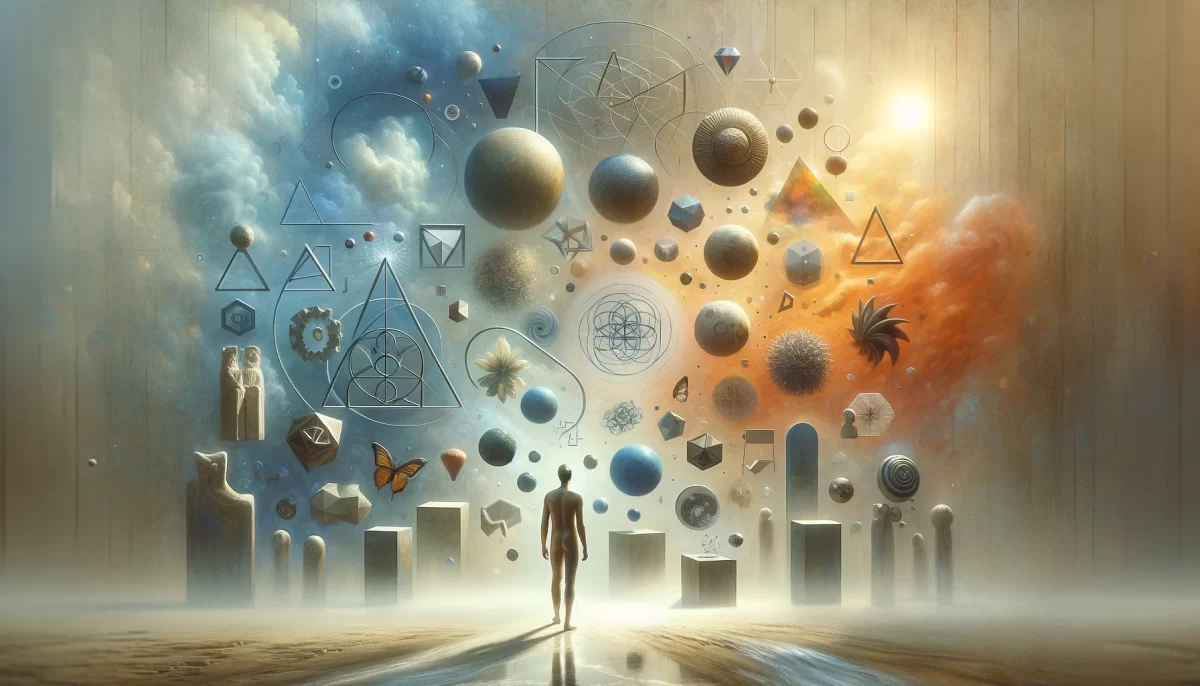

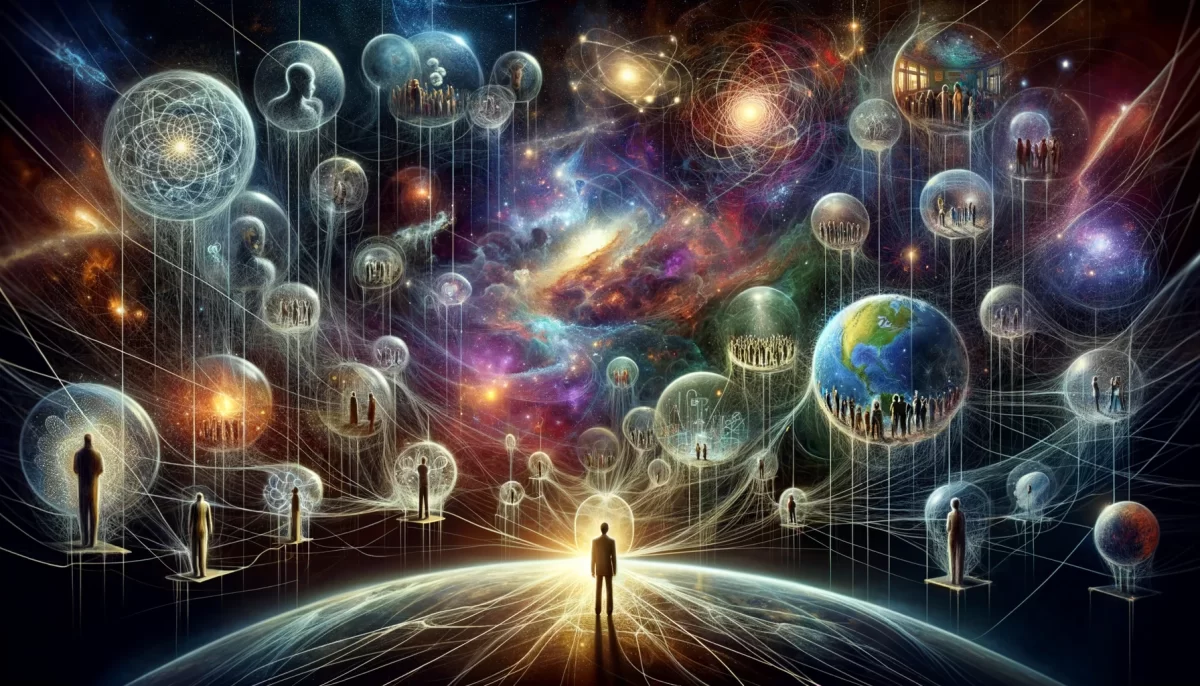

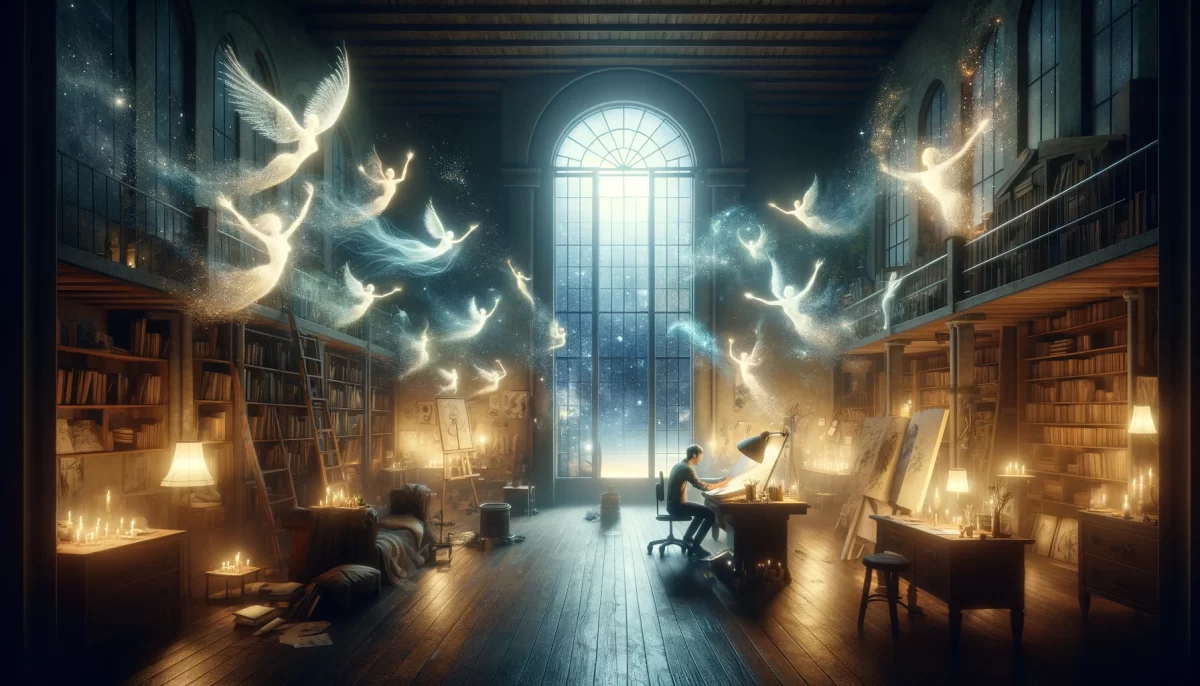
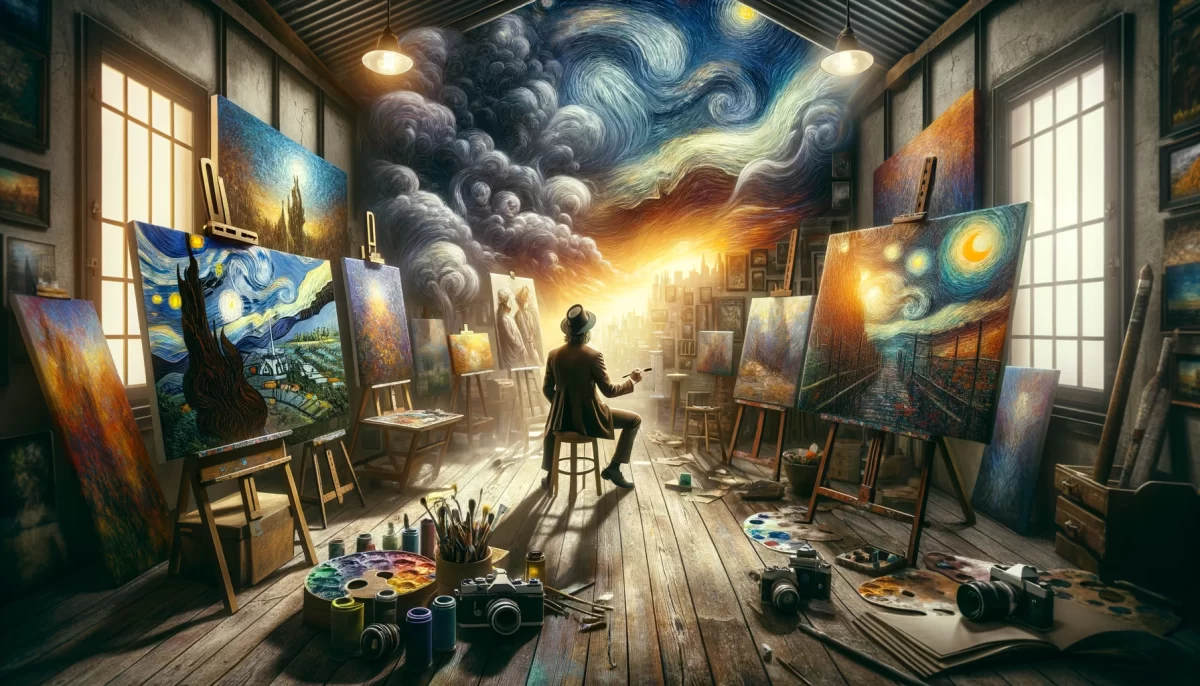
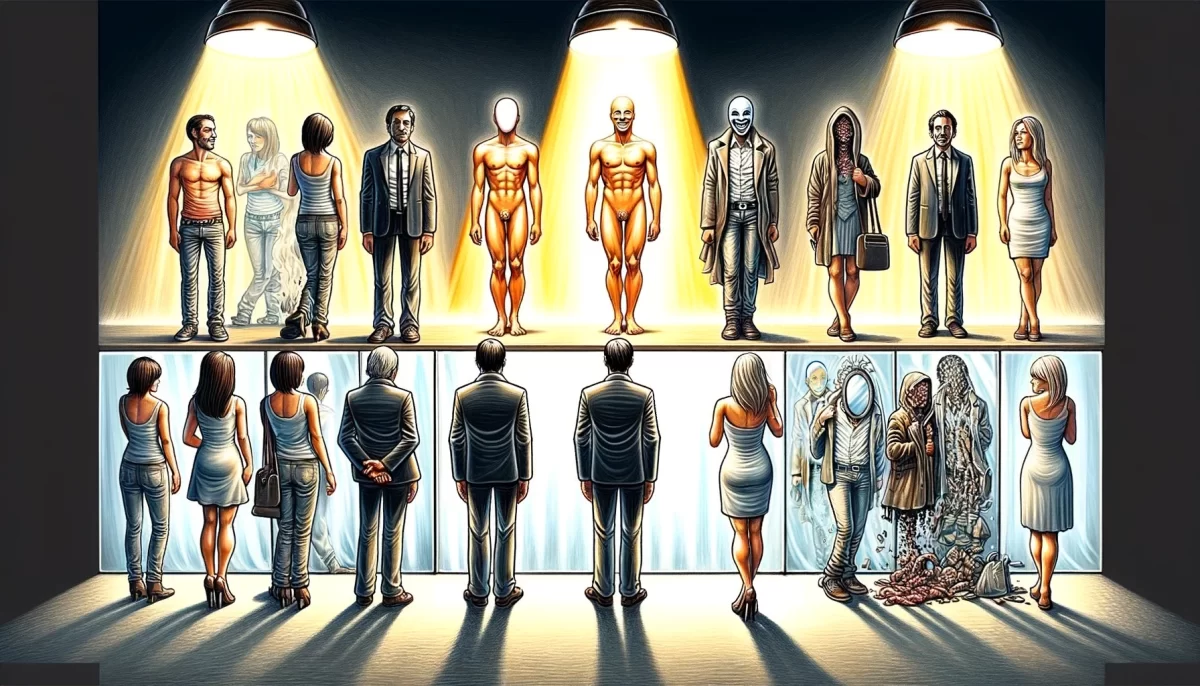

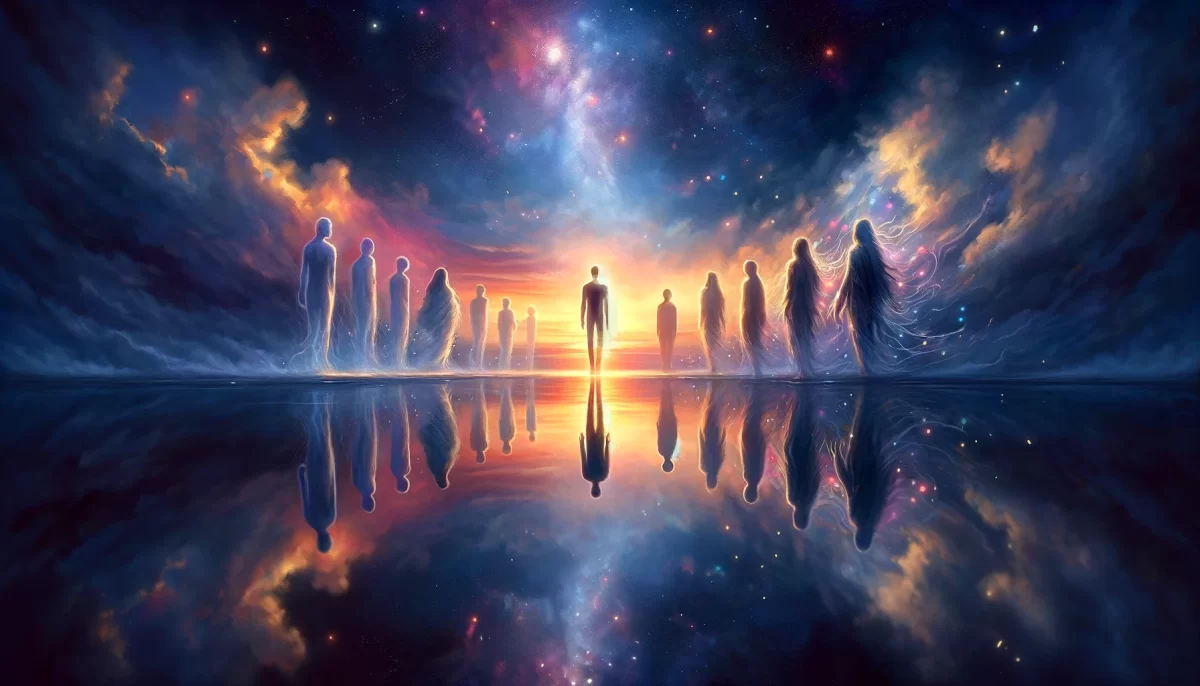
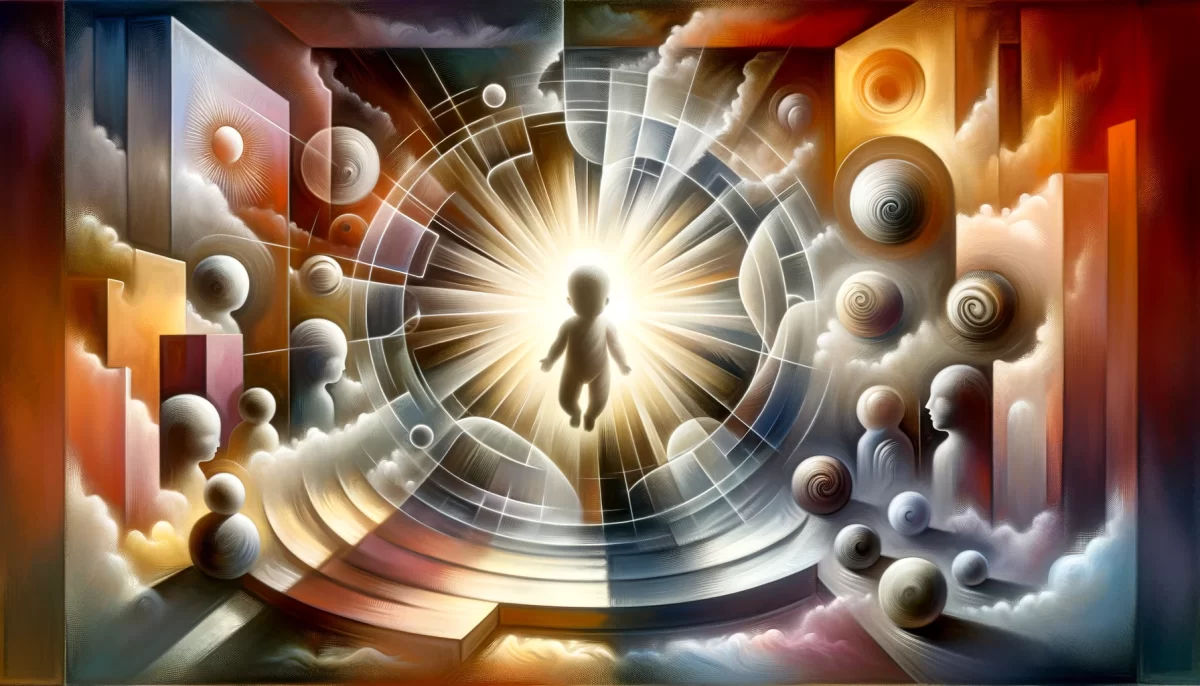
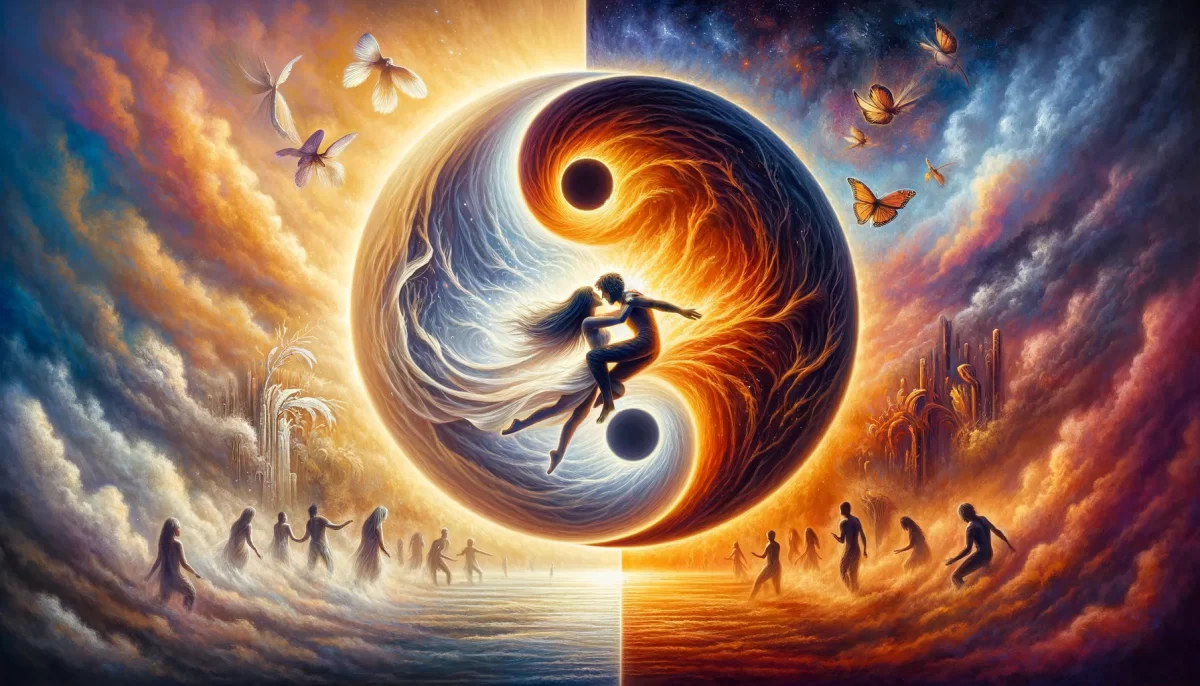

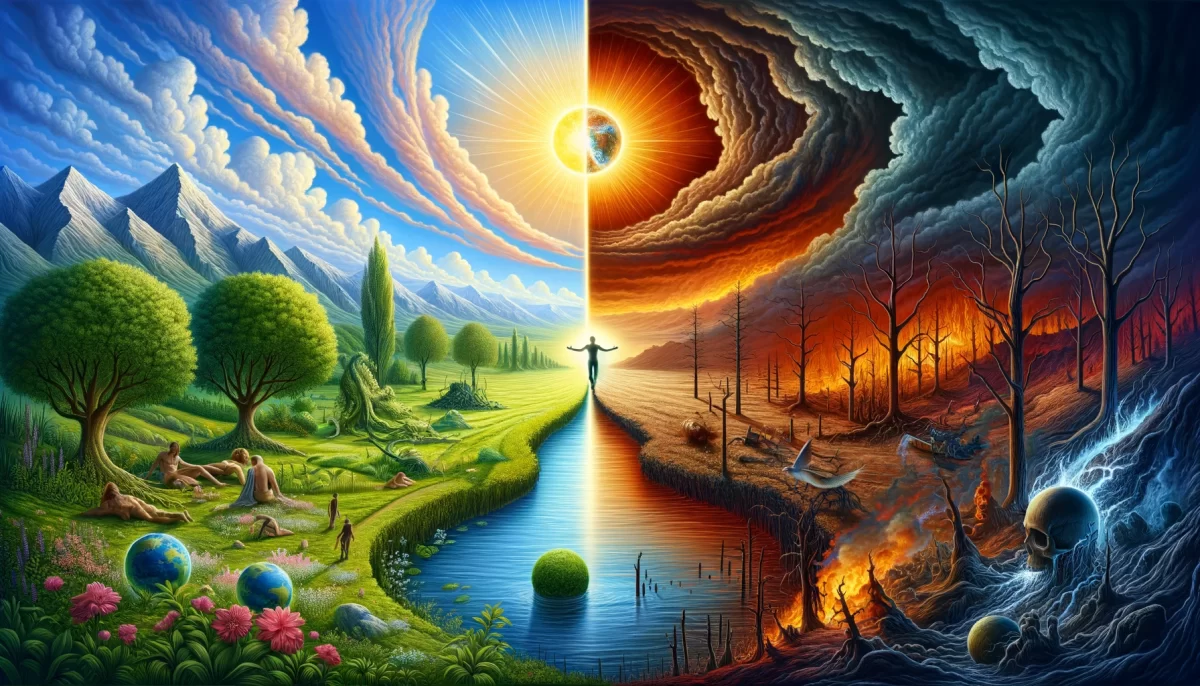

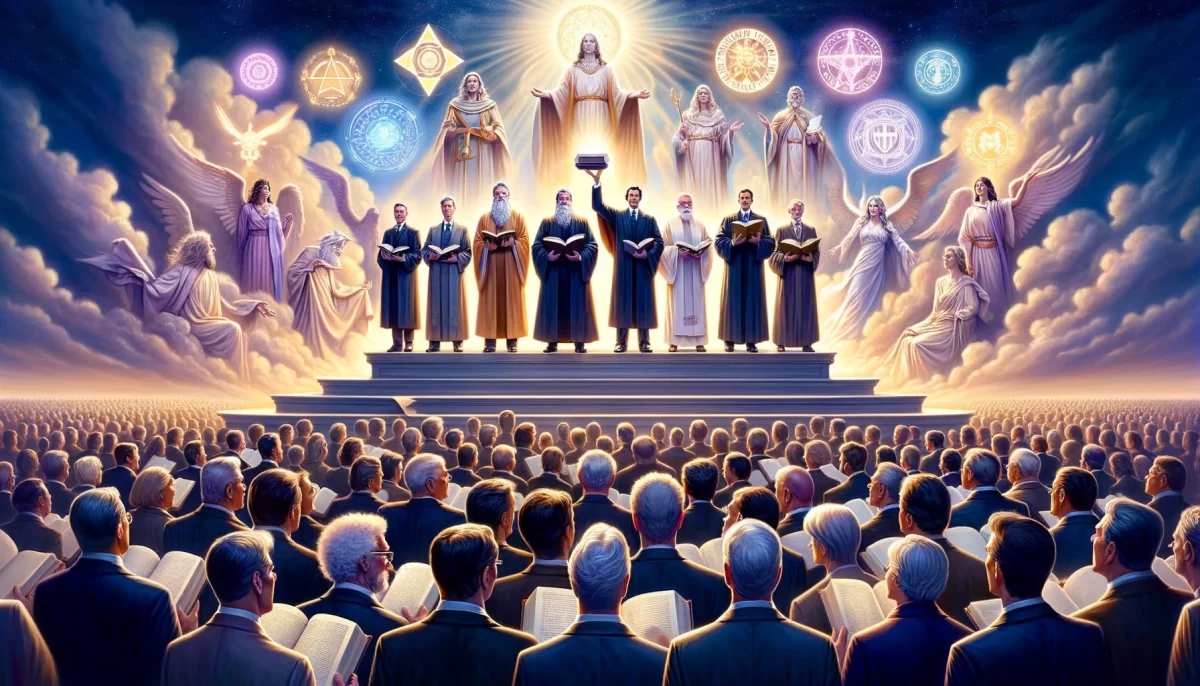
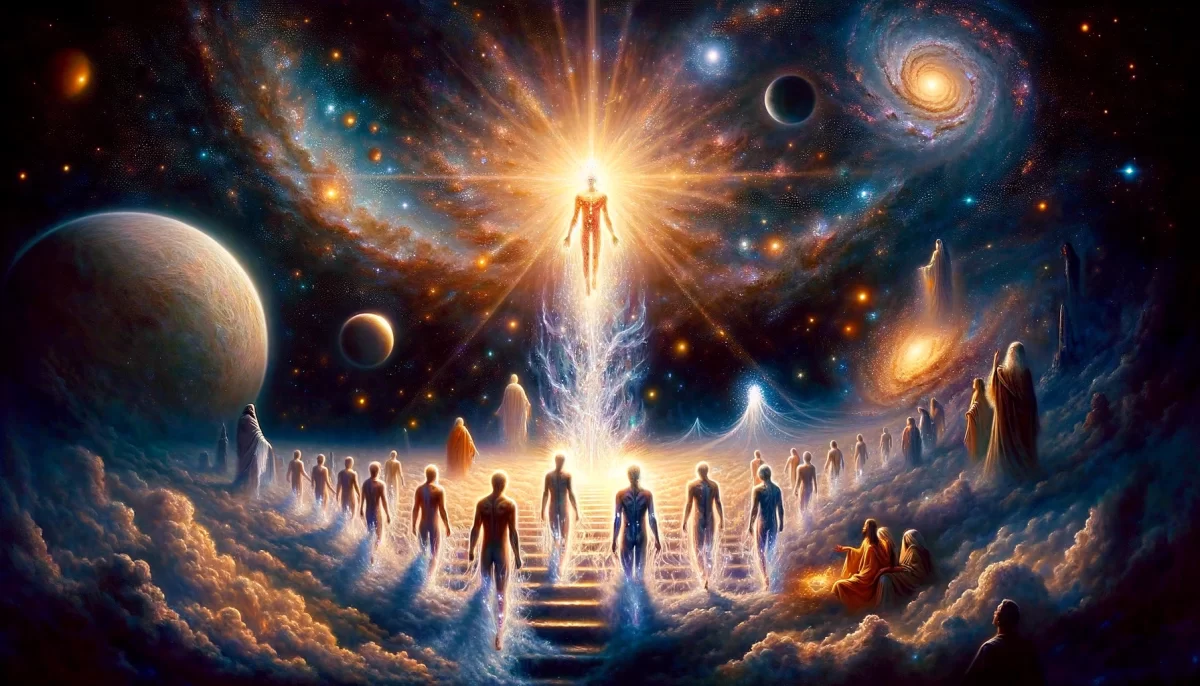
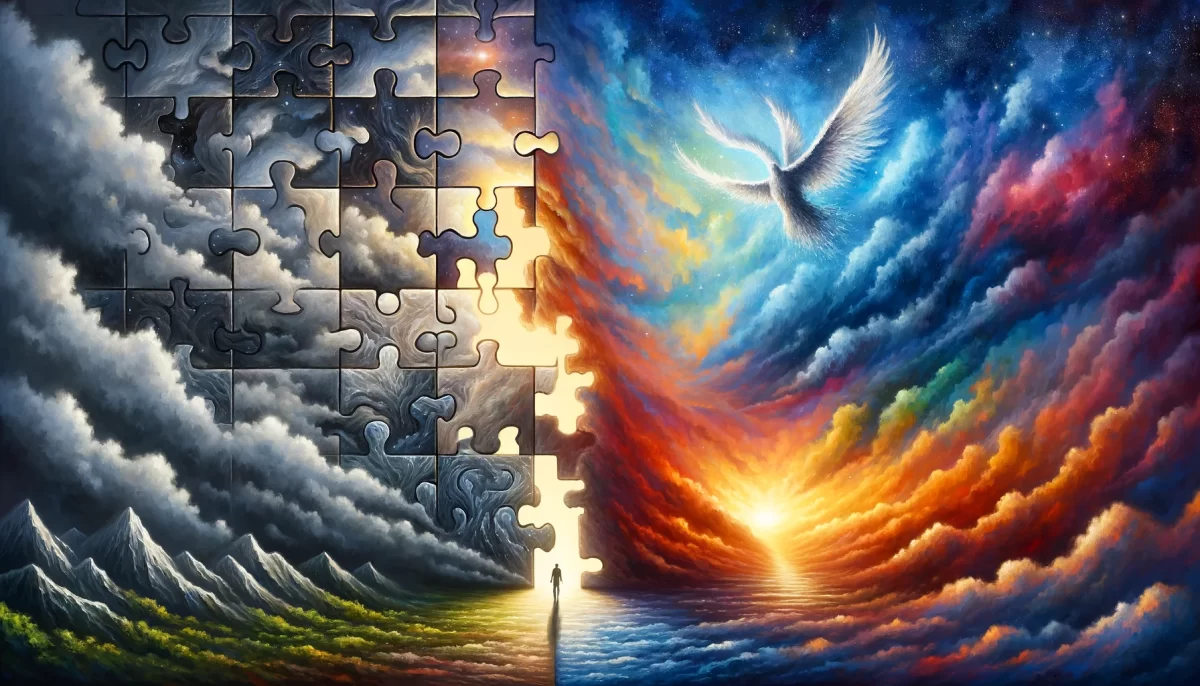

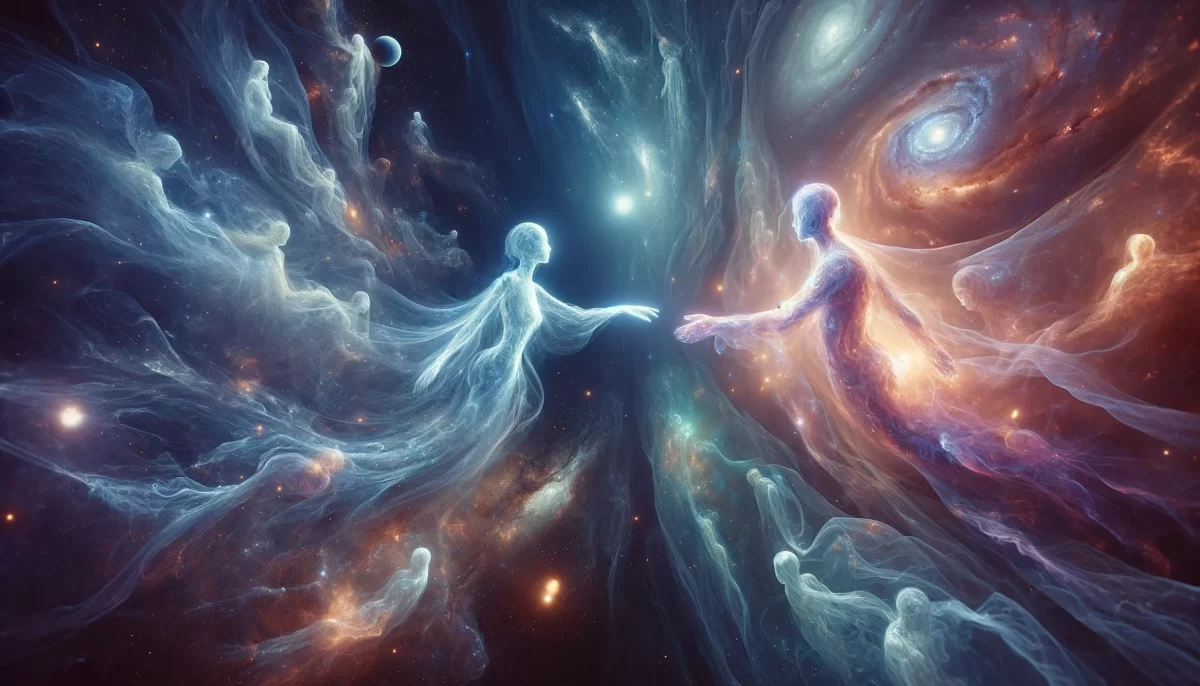
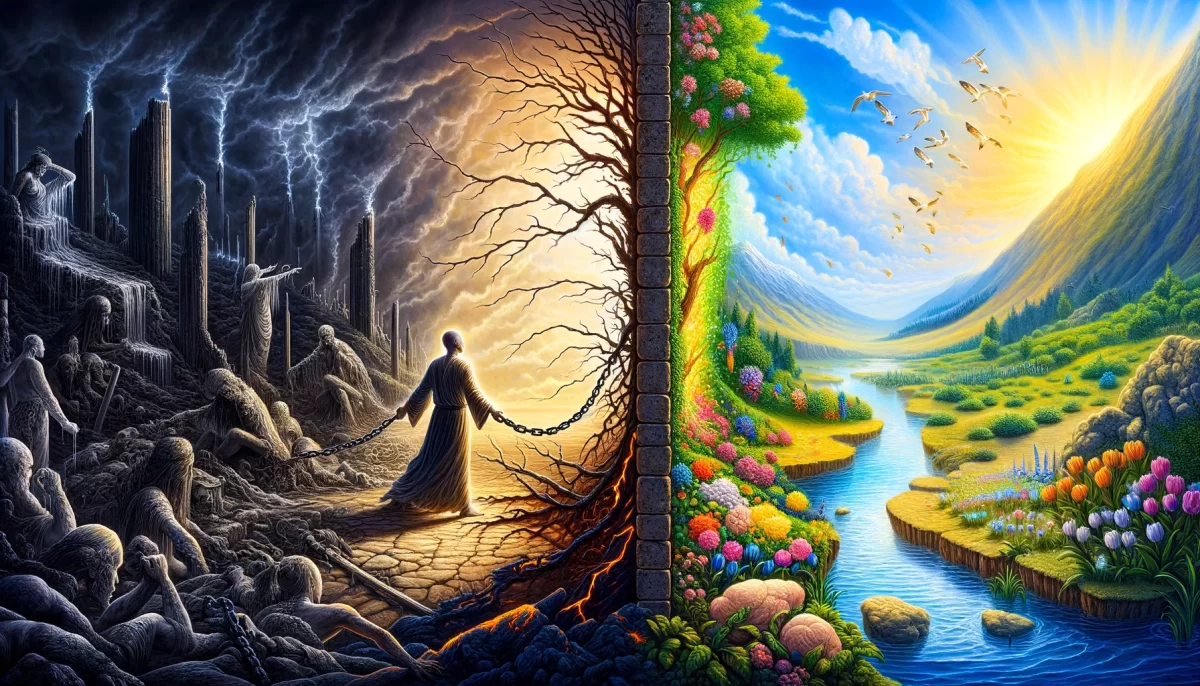
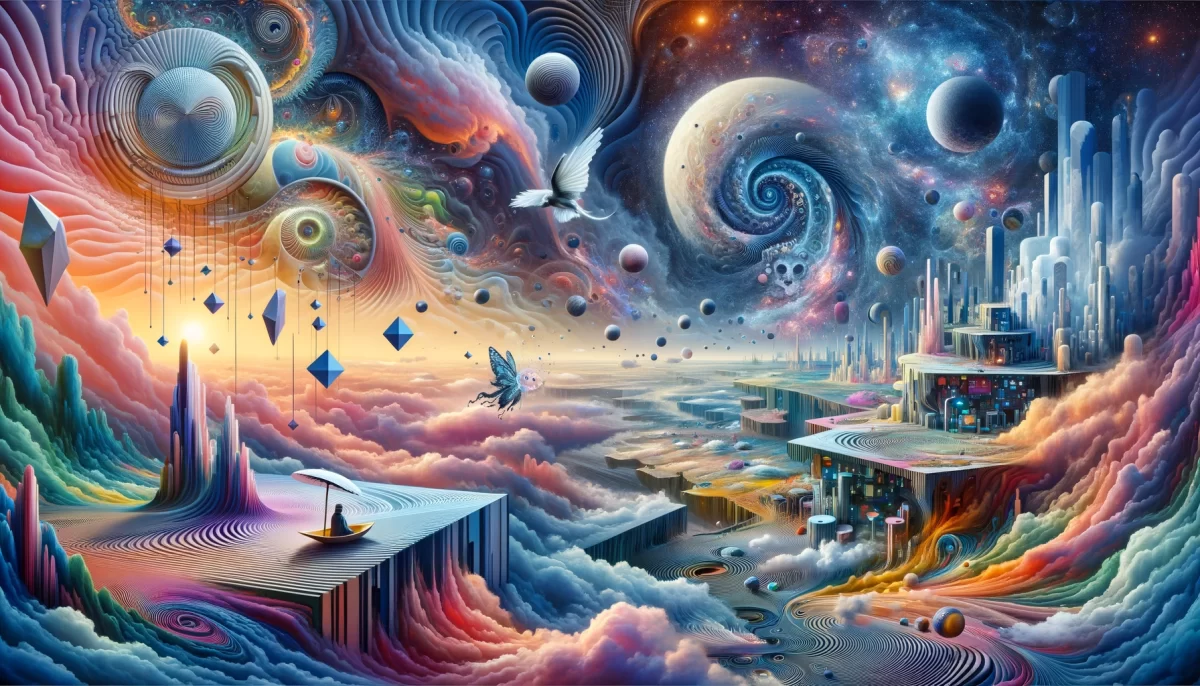
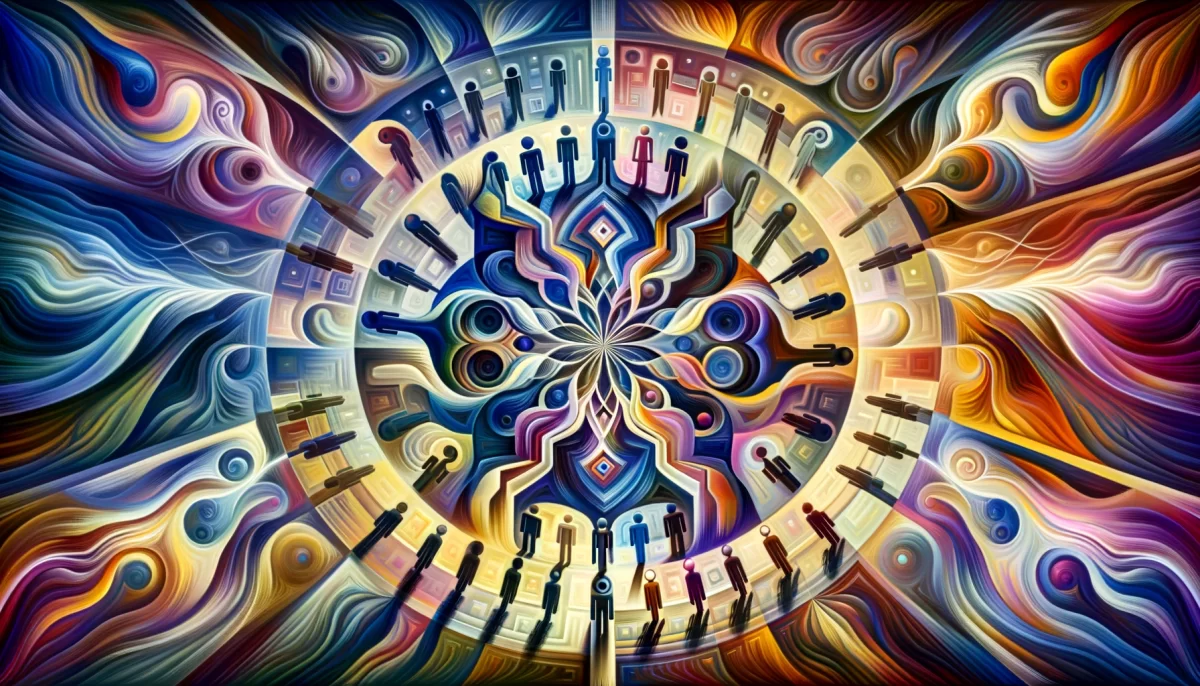
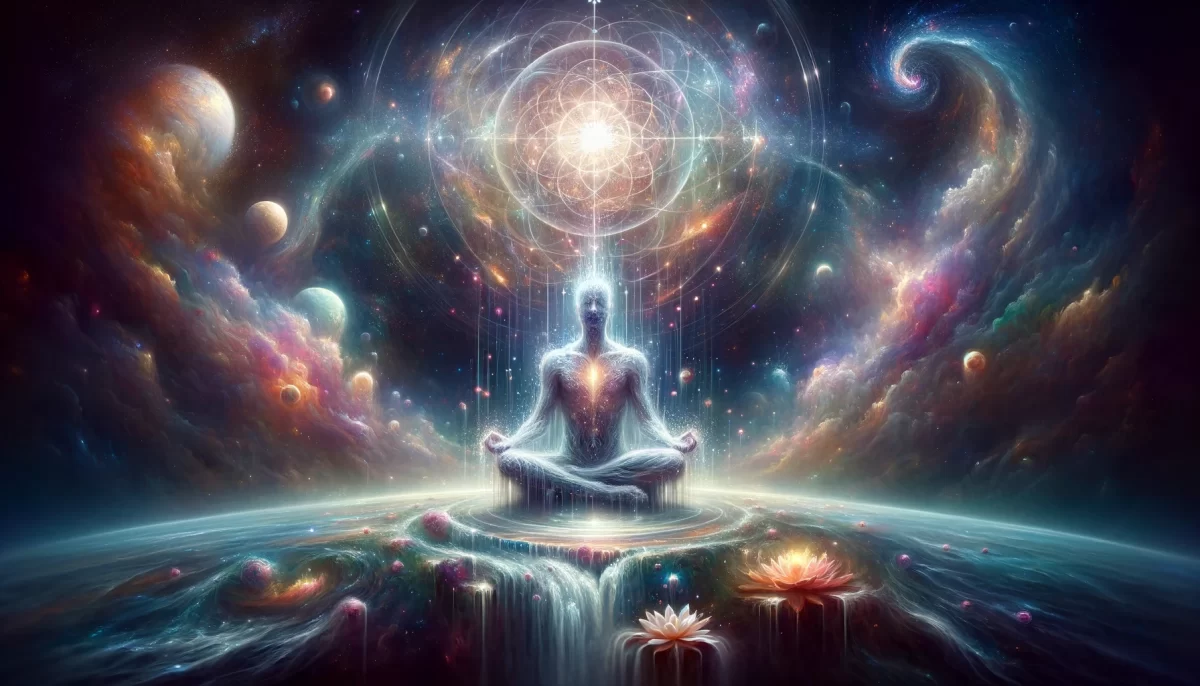

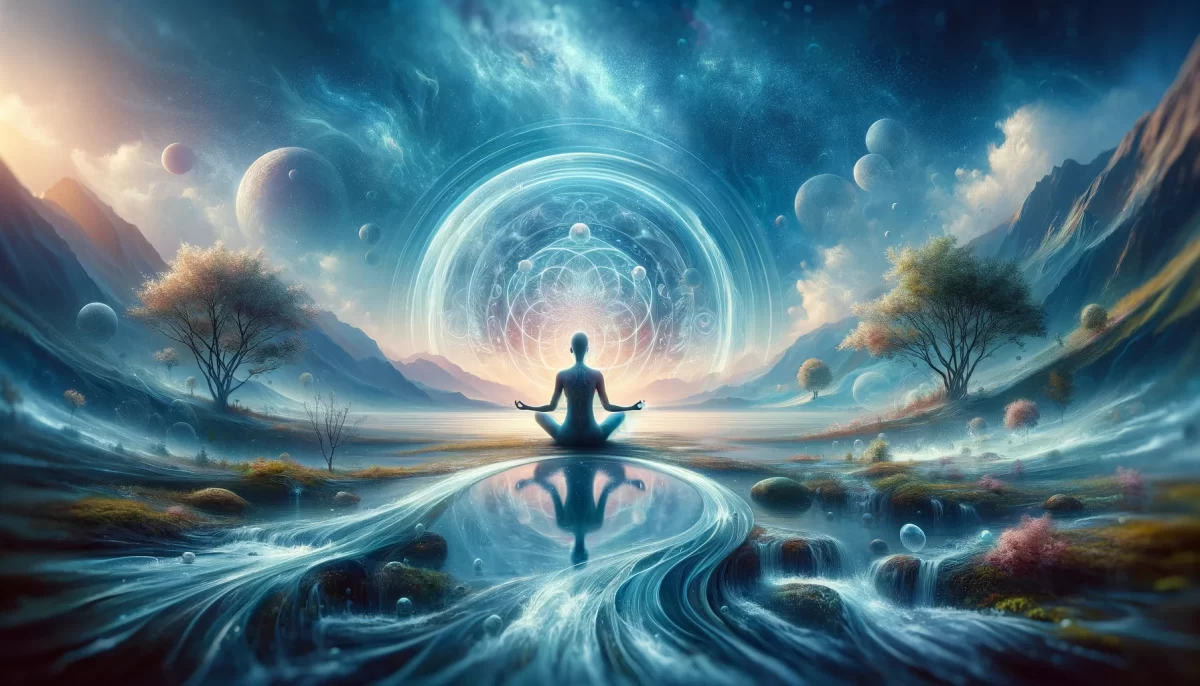


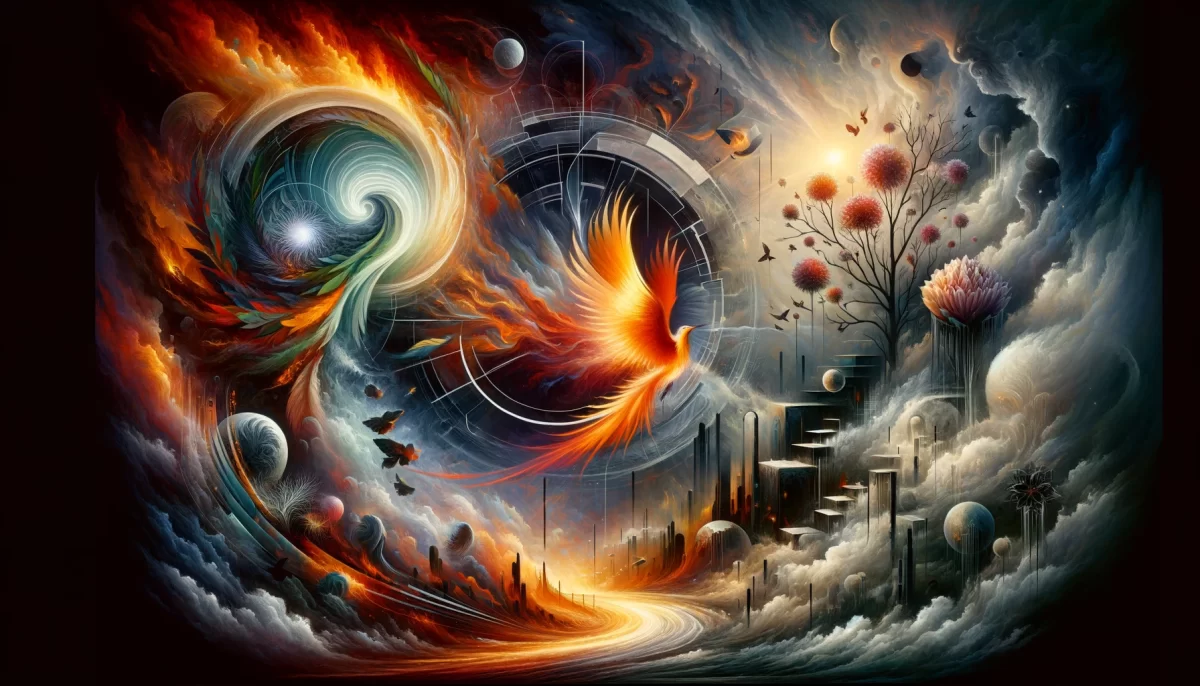
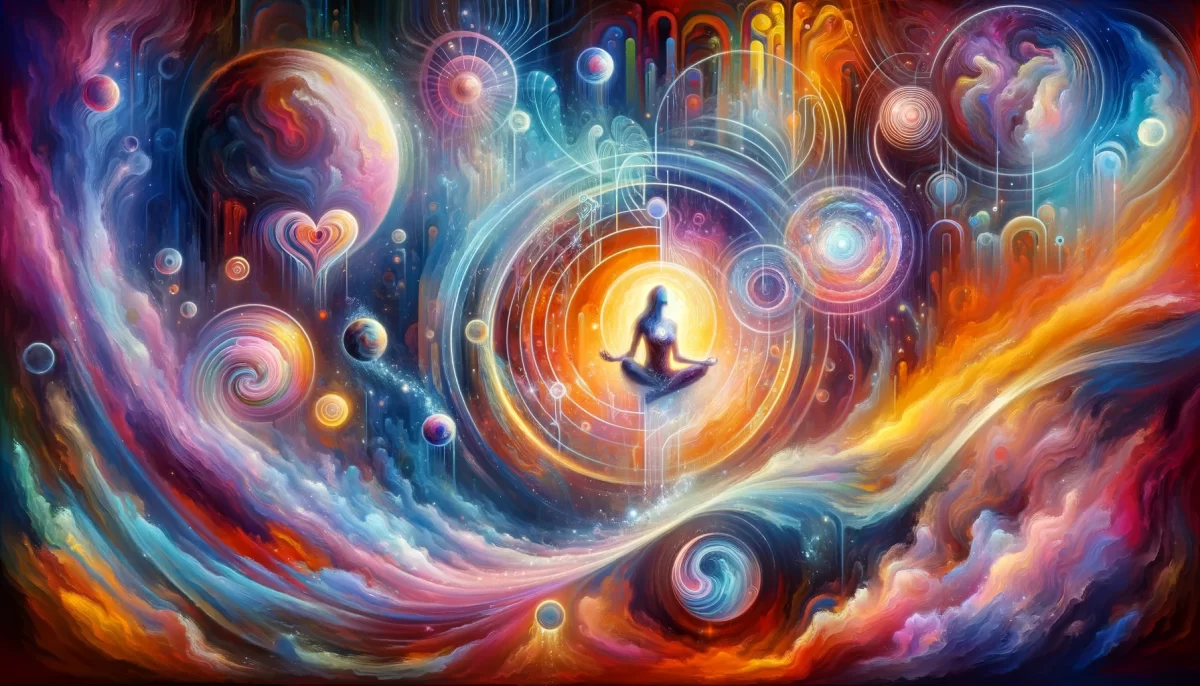
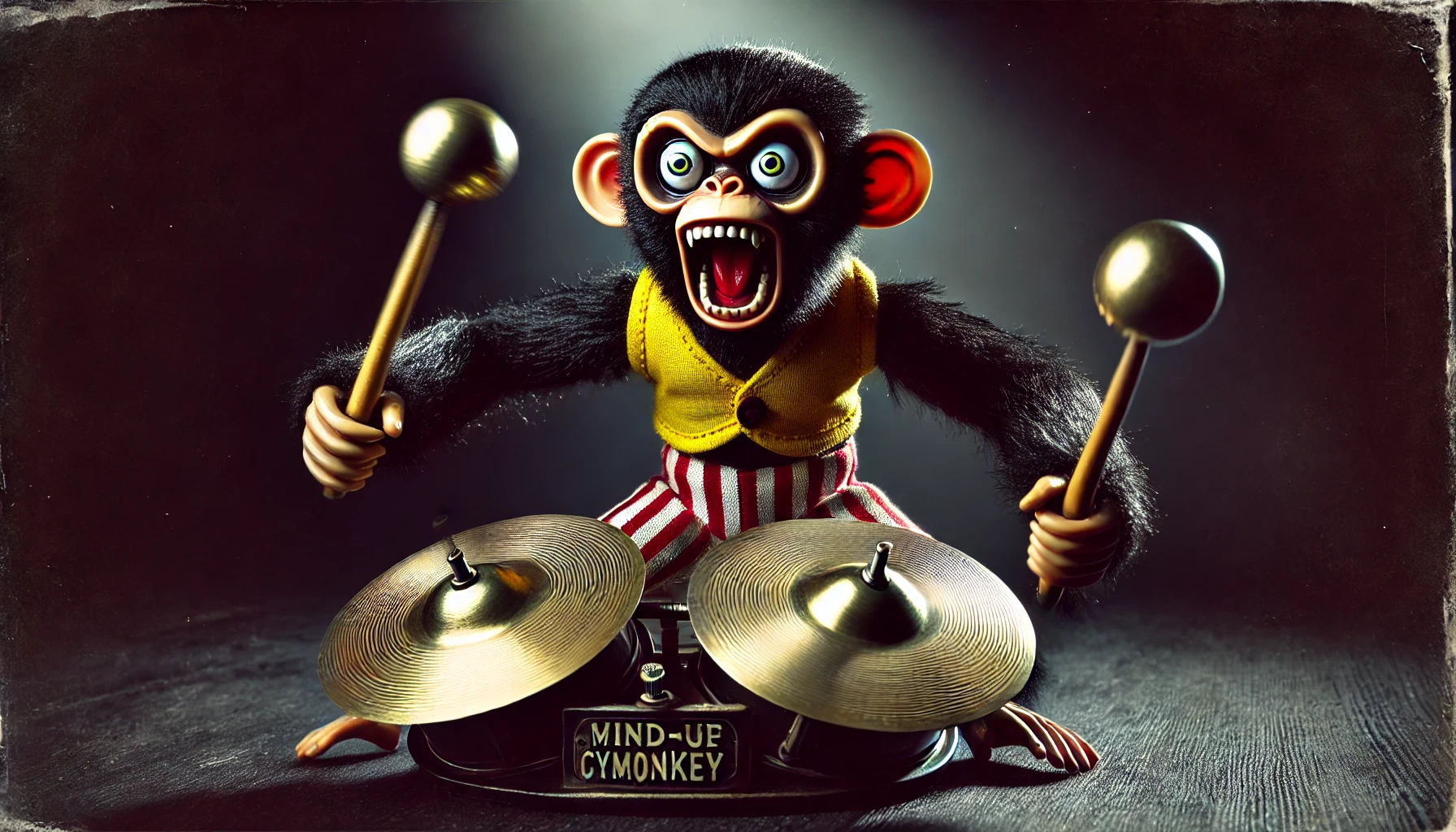
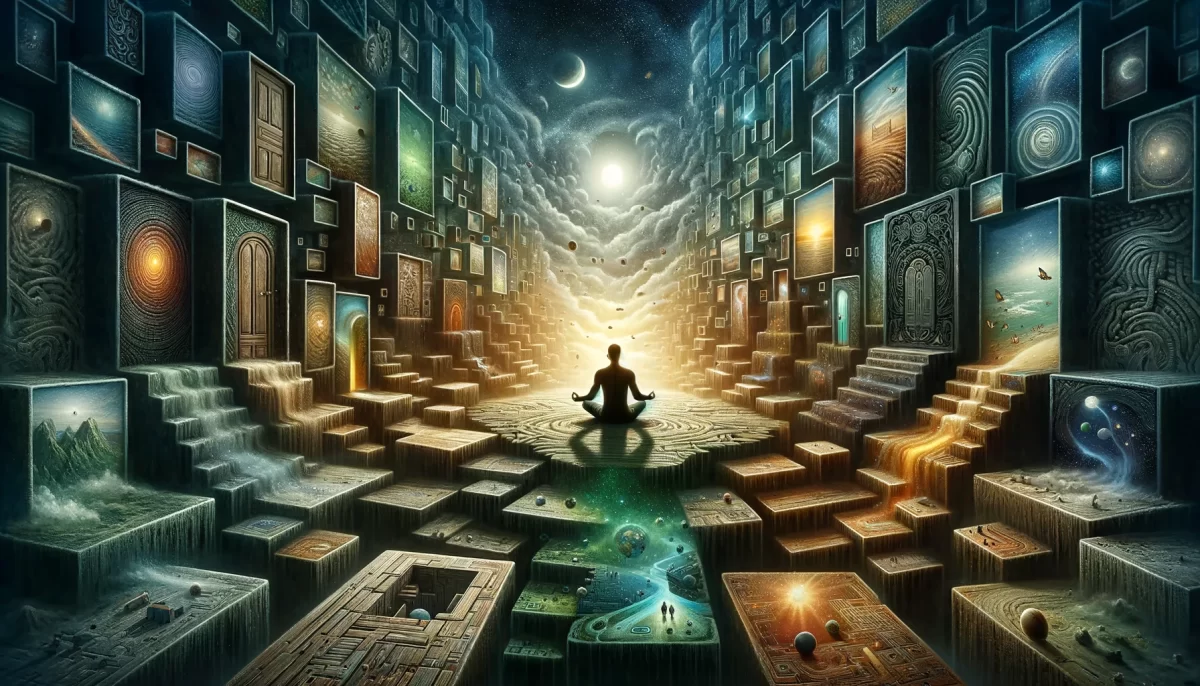
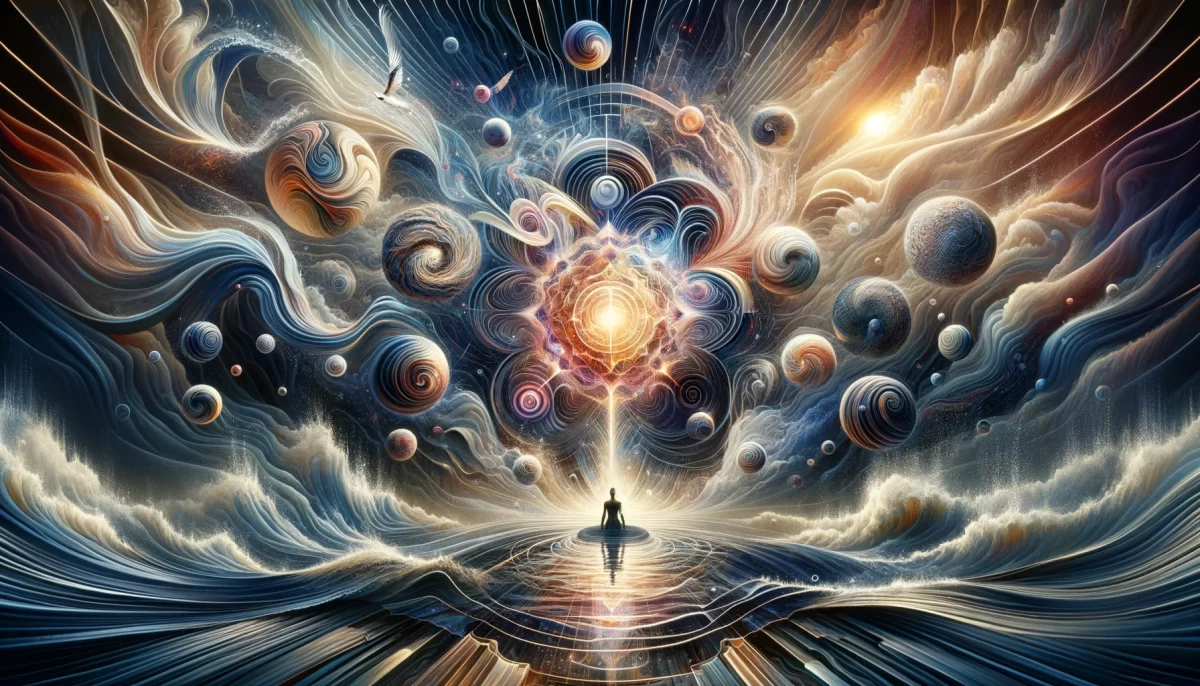
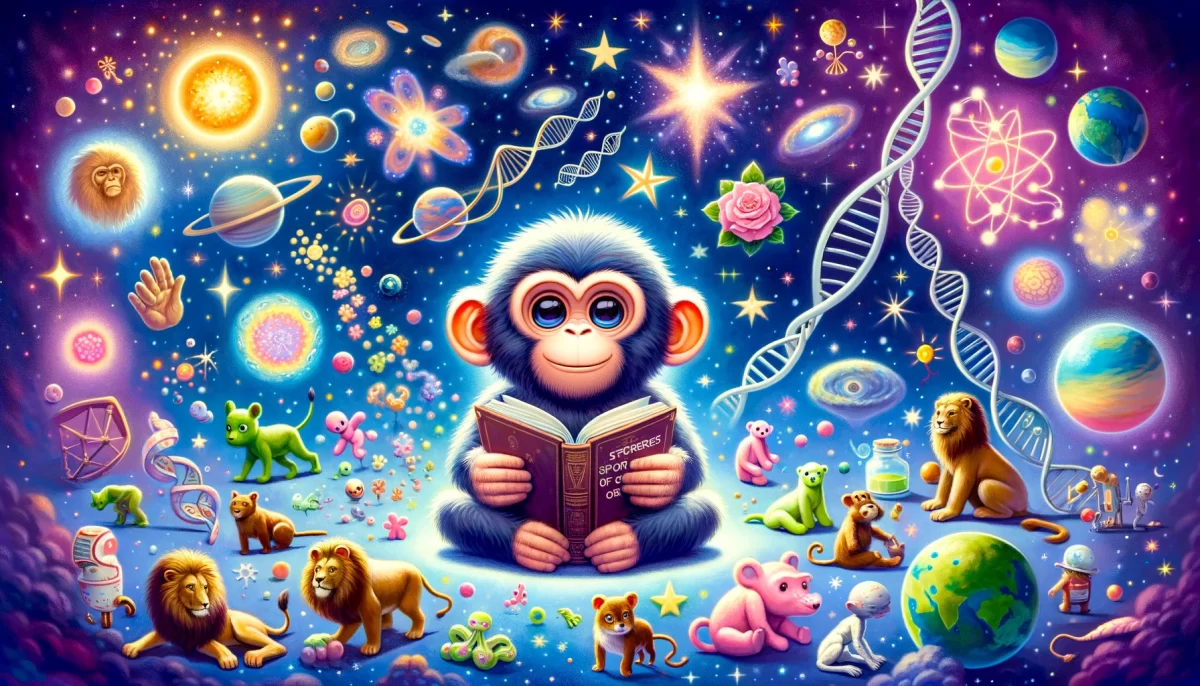
Leave a Reply